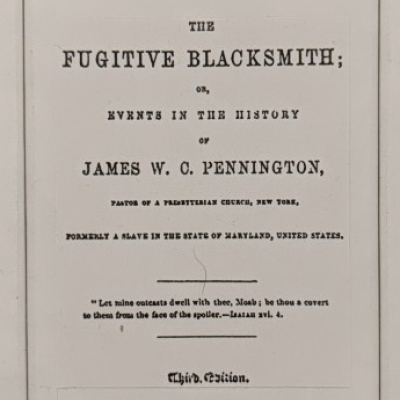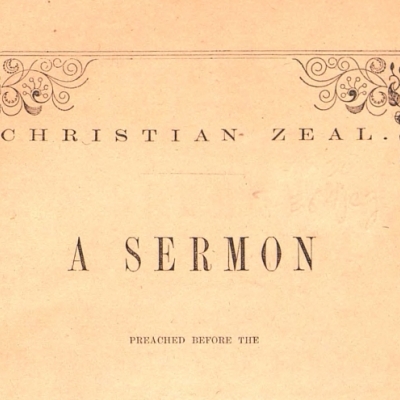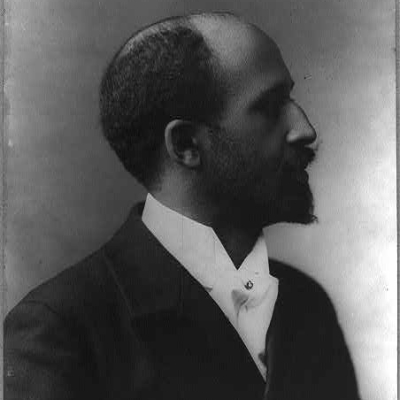James W.C. Pennington (1807-1870) made a breathtaking ascent out of slavery and illiteracy and into freedom and middle-class professionalism. His triumphs as well as the many trials he faced are quintessentially American, as is the central role that the Christian faith played throughout his adult life.
Pennington was born James Pembroke, son of enslaved parents in Maryland. Trained since the age of 11 to be a blacksmith, Pennington was very close with his older brother, who was also trained in a trade. In his 1849 autobiography, The Fugitive Blacksmith, Pennington writes about the reason why he decided to escape at the age of 19. His master cruelly beat his father to control and humiliate him, and Pennington found his own situation as a slave to be untenable.
After a harrowing escape in which he had to evade determined bounty hunters, Pennington arrived at the home of the Wrights, a Quaker family that helped with the underground railroad. During the six months that Pennington lived with this family, he began learning to read and write under the guidance of William Wright. For the rest of his life, Pennington emphasized the importance of education for African Americans, and expressed his anger and frustration at being deprived of learning until his escape.
Pennington eventually made his way to New York City, where he worked his way up from a coachman to a teacher, and then became the first African American to attend classes at Yale University in the Divinity School. Only allowed to audit classes, and prevented from checking books out of the library, Pennington nonetheless prepared himself for ordination as a minister in 1838.
As a Congregationalist and Presbyterian minister in Long Island, Connecticut, and New York City, Pennington emphasized the need to educate and help find employment for the increasing numbers of free African Americans. He also spoke out against racism in the north, including in the white churches that often segregated white and black worshipers and shut out black clergymen. Pennington also helped many fugitive slaves and supported efforts to desegregate public transportation in New York City. Pennington did tours in the United Kingdom to speak out against slavery and to garner British support for American abolitionist efforts.
Pennington managed to legally secure his freedom in 1851 and continued to support his fellow African Americans as a minister and as a community leader until his death.



